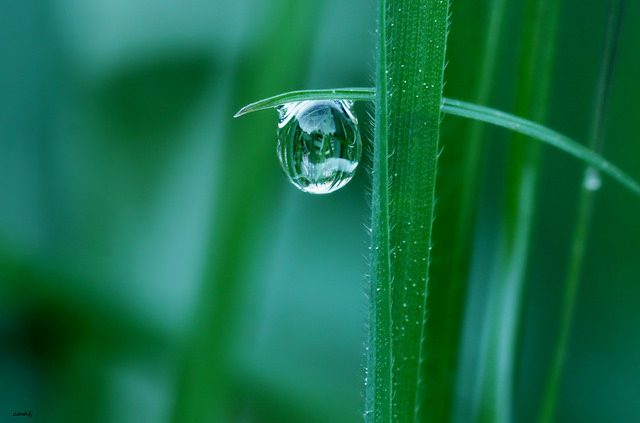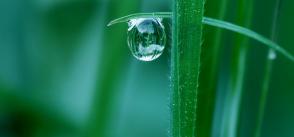
Electric' bacteria can purify sewage water - fast
Harnessing bacteria that produce electricity and break down organic waste, a European research project is developing a new, environmentally friendly way to purify sewage water in small communities.
It may look like a park, but an experimental plant in Carrión de los Céspedes, near Seville, is full of wastewater from the nearby town. Yet the air doesn’t smell like sewage. The water is purified the natural way, by underground microorganisms – a traditional method improved with the latest research.
Researchers on the iMETland project use bacteria that produce electricity when breaking down organic waste.
Some microbes indeed grow little electricity-conducting wires, which act as a kind of snorkel, allowing the bacteria to penetrate deeper into sediment, where they can use this electrochemical process to survive where there is no oxygen.
These so-called electroactive bacteria can purify water up to ten times faster than conventional methods. That’s why, instead of gravel, the experimental wetland is filled with conductive material. It acts as a physical support, and at the same time accelerates the metabolic processes that purify water.
“The result is clean water, with zero energy cost and no residual pollution,” says Abraham Esteve-Núñez, researcher in environmental biotechnology at IMDEA AGUA and iMETland project coordinator.
Read the full article via euronews.
[Photo by Rocío | Flickr]







